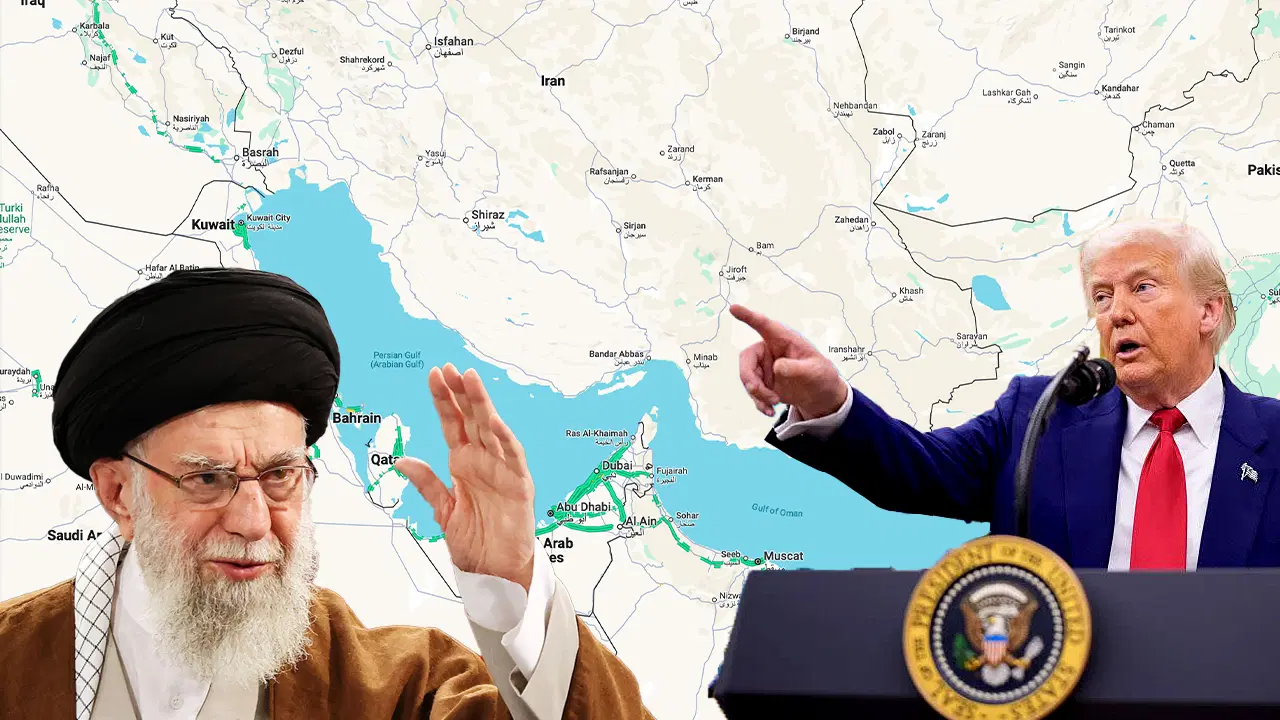In a move that could ignite a global energy crisis, Iranian lawmakers have voted to shut down the Strait of Hormuz—a critical maritime passage for global oil and gas—as retaliation for U.S. airstrikes that obliterated three of the country's major nuclear facilities over the weekend.
The vote came just hours after Iranian authorities vowed "everlasting consequences" for the U.S. attacks, which flattened nuclear sites in Fordow, Natanz, and Isfahan during a nighttime mission dubbed “Operation Midnight Hammer.” Although the final call to close the waterway rests with Iran’s Supreme National Security Council, the symbolic move by parliament signals a dangerous escalation in the already volatile conflict.
Global Chokepoint at Risk
The Strait of Hormuz is the artery through which one-fifth of the world's oil and a third of its liquefied natural gas pass. A closure—even a temporary one—would be catastrophic for global energy markets, risking surging fuel prices, inflation, and even recession.
Energy analysts warn that Iran could mine the waterway or threaten vessels with missile strikes, forcing global oil prices to spike. Prices had settled at around $77 per barrel before the attacks but are expected to surge past $100, with the potential to climb further depending on Iran’s next move.
“It’s the most effective way Iran can retaliate,” said Ashley Kelty, oil analyst at Panmure Liberum. “But it’s a move that could drag the entire Middle East into deeper conflict, especially as Gulf neighbors like Saudi Arabia, Qatar, and the UAE rely on the Strait for exports.”
Trump Declares ‘Spectacular’ Success
Former President Donald Trump, who authorized the strikes, hailed the mission as a military triumph. “Iran’s nuclear enrichment capabilities have been totally obliterated,” he declared, warning Tehran to pursue peace or face even more devastating consequences.
“All planes are back. All targets destroyed,” Trump announced on social media, while praising U.S. forces and thanking Israeli Prime Minister Benjamin Netanyahu for his support.
U.S. Defense Secretary Pete Hegseth reiterated that while the operation was limited in scope, America is prepared for further action. “This is not open-ended, but Iran knows exactly what to do if it wants peace,” he said.
Iran’s Response: Rage, Resilience, and Legal Exit from NPT
Iran’s Foreign Minister Seyed Abbas Araghchi condemned the airstrikes as an unforgivable violation of international law, declaring the “time for diplomacy is over.” Lawmakers say the attacks now legally justify Iran’s withdrawal from the Nuclear Non-Proliferation Treaty (NPT), further complicating any path back to diplomacy.
Although Iran reported no radioactive contamination from the bombed nuclear sites, its Atomic Energy Organization insisted the strikes will not stop its “national industry” and vowed to continue nuclear development. Officials also asserted the country reserves the right to defend itself.
World Leaders Sound the Alarm
From London to Tokyo, world leaders reacted with alarm to the growing crisis. The UK, France, and Germany called for restraint and a return to diplomatic talks. The EU urged both the U.S. and Iran to avoid dragging the region into deeper chaos. Russia and China issued stinging rebukes of Washington’s actions, accusing the U.S. of violating international law.
In the United States, Vice President JD Vance attempted to calm domestic fears, stating, “We are not at war with Iran,” while emphasizing there is no appetite for a ground invasion.
Still, cities like New York and Washington D.C. remain on high alert. Security has been tightened around religious institutions and diplomatic sites amid fears of retaliation.
A Crisis with No Easy Exit
With 639 deaths already reported from ongoing Israeli attacks inside Iran and more than 1,300 wounded, Iran’s parliament argues it has every right to escalate.
But the world watches nervously as the potential closure of the Strait of Hormuz and the total breakdown of nuclear diplomacy edge the region—and the planet—closer to a dangerous tipping point.




